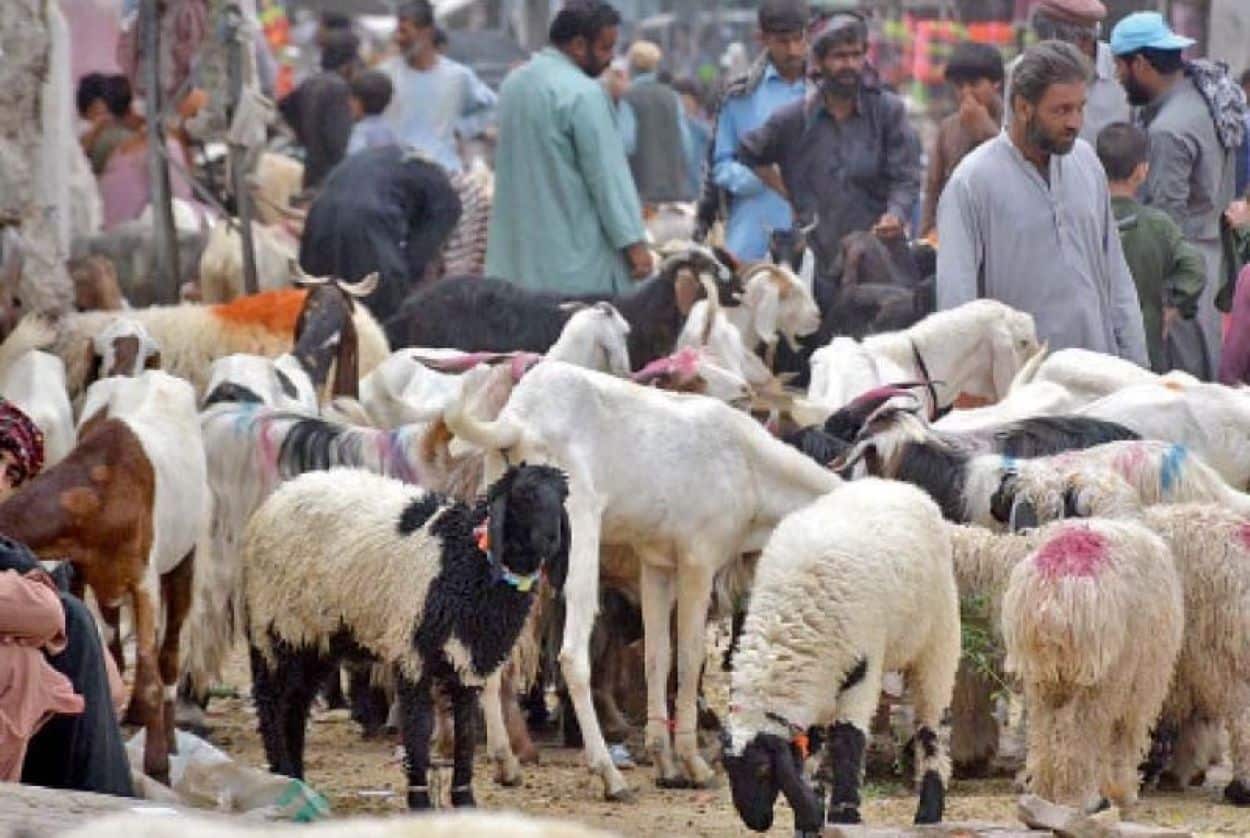Eidul Azha is near, and the demand for sacrificial animals is surging nationwide. Every city’s permanent and temporary markets are bustling with cattle arrivals.
Amid the crowded markets, health officials remain vigilant to avert disease outbreaks, particularly the Congo virus.
Crimean–Congo hemorrhagic fever (CCHF) spreads through tick bites or contact with infected bodily fluids. It occurs globally, with sporadic outbreaks in endemic regions.
Every Eidul Azha in Pakistan, reports of the Congo virus surface. “Some of the millions of animals might carry the virus,” explained a doctor in Karachi.
Infected animals can transmit the virus, which causes symptoms like fever and dizziness. Therefore, precautions are crucial when visiting markets.
Dr. Hizbullah Bhutto of the Sindh Veterinary Department reported ongoing vaccination and spraying efforts to safeguard livestock.
From 2014 to 2020, Pakistan confirmed 365 Congo virus cases with a 25% mortality rate. Recently, cases have also been seen, prompting intensified preventive measures.
Dr. Bhutto highlighted using seven vaccine types and developing two more against the Congo virus, though approval is pending.
Health professionals emphasize safety at cattle markets, advising on appropriate clothing and cautioning against bringing children to avoid tick exposure.






